Chess is a game of skill, patience, and calculation. Yet even the best players in history can and have fallen victim to simple mistakes.
In fact, the difference between winning a brilliant game and losing miserably often comes down to avoiding blunders.
Every player, from beginners to grandmasters, has made moves they regretted. Recognizing the most common pitfalls is the first step to preventing them.
In this article, we will look at the 10 most frequent blunders in chess.
1. Hanging Pieces
One of the most popular blunders chess players make is leaving a piece undefended, allowing it to be captured for free.
This mistake happens when players focus too much on their own plans without checking their opponent’s threats.
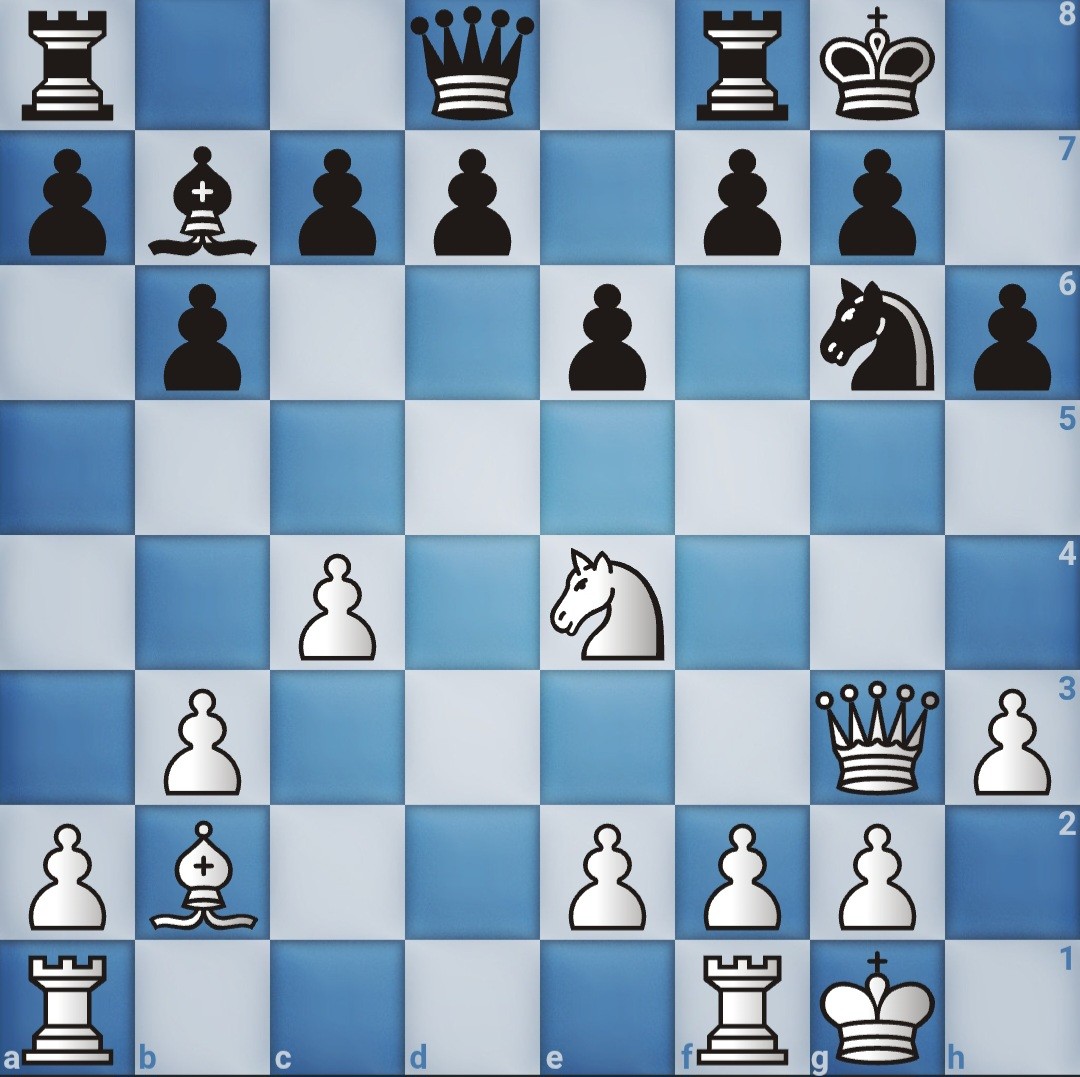
Beginners especially overlook the simple tactic of defending every piece.
How to avoid it: Before every move, ask yourself:
“Is this piece defended?”
Develop the habit of scanning the board for loose pieces, both yours and your opponent’s.
2. Missing Checkmate Threats
Many games are lost because players focus on material gains and forget that checkmate ends everything instantly.
A common scenario is grabbing pawns or chasing pieces while leaving the back rank vulnerable.
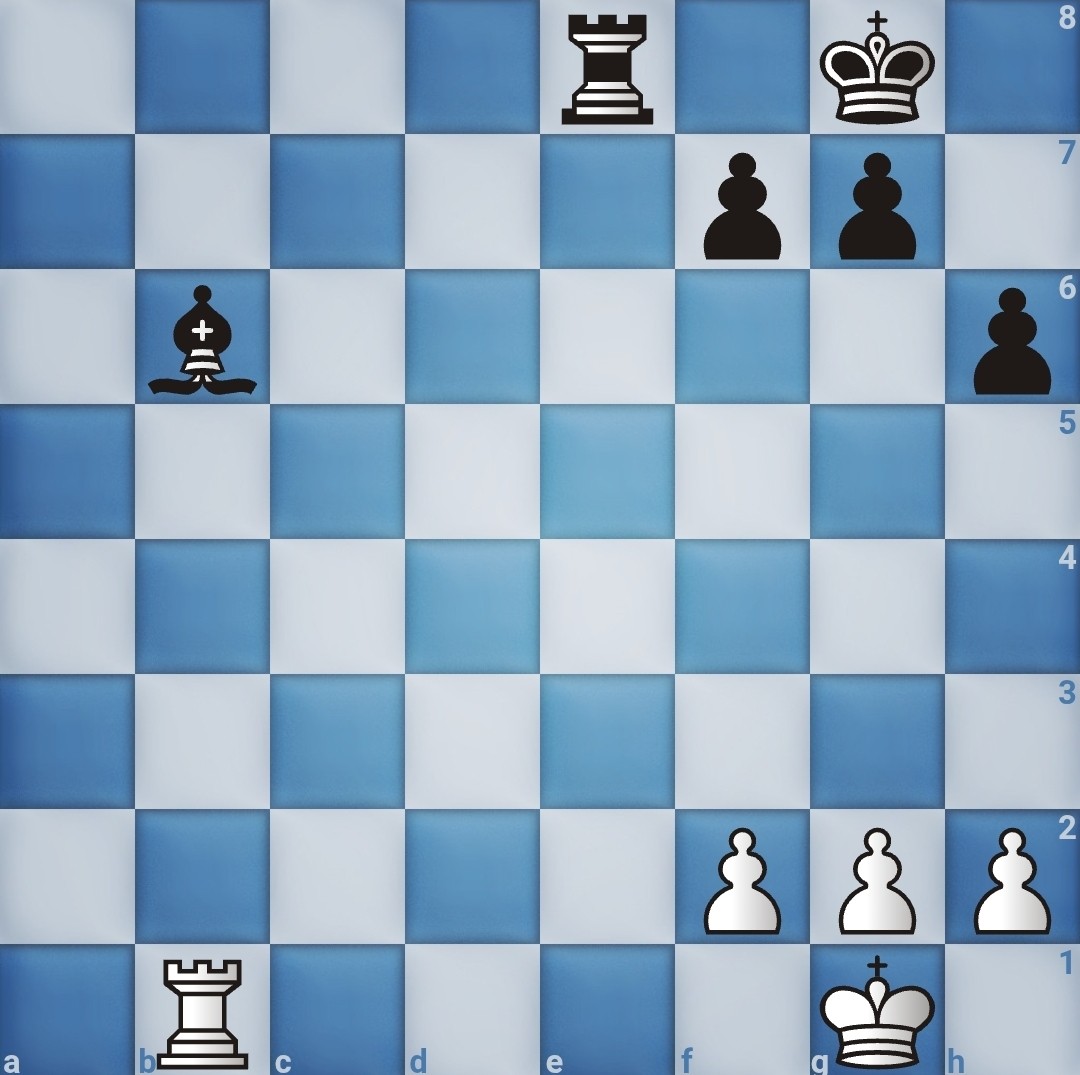
How to avoid it: Always watch for mating nets around your king. Keep an escape square open, usually by moving a pawn.
Likewise, look for chances to deliver a checkmate yourself instead of chasing small material advantages.
3. Forgetting Opponent’s Threats
Many players spend too much time dreaming up brilliant attacks while ignoring what the opponent wants to do.
This leads to sudden tactical disasters. You may plan a clever combination only to realize your opponent has a stronger counter.
Even experienced players fall into this trap by moving too quickly, assuming their threats outweigh their opponent’s.
How to avoid it: After identifying your idea, ask:
“What will my opponent do next?”
If their reply appears threatening, reconsider your move. Respect your opponent’s threats before focusing on your own ideas.
4. Playing Too Fast
Impatience is one of the biggest enemies in chess. Many blunders occur simply because a player moves impulsively without careful calculation.
This is especially true in faster time controls, but even in classical games, nerves can push players into rash decisions.
How to avoid it: Slow down at critical moments. Use your time wisely, especially when the position becomes sharp.
Train yourself to pause before making natural-looking moves, and double-check for hidden tactics.
5. Neglecting King Safety
Greedy players often rush into attacks without completing development or castling their king to safety.
Leaving the king stranded in the center makes it a target for tactics.
Similarly, pushing too many pawns in front of the castled king weakens the defense.
A well-timed sacrifice by the opponent can suddenly open lines and deliver mate.
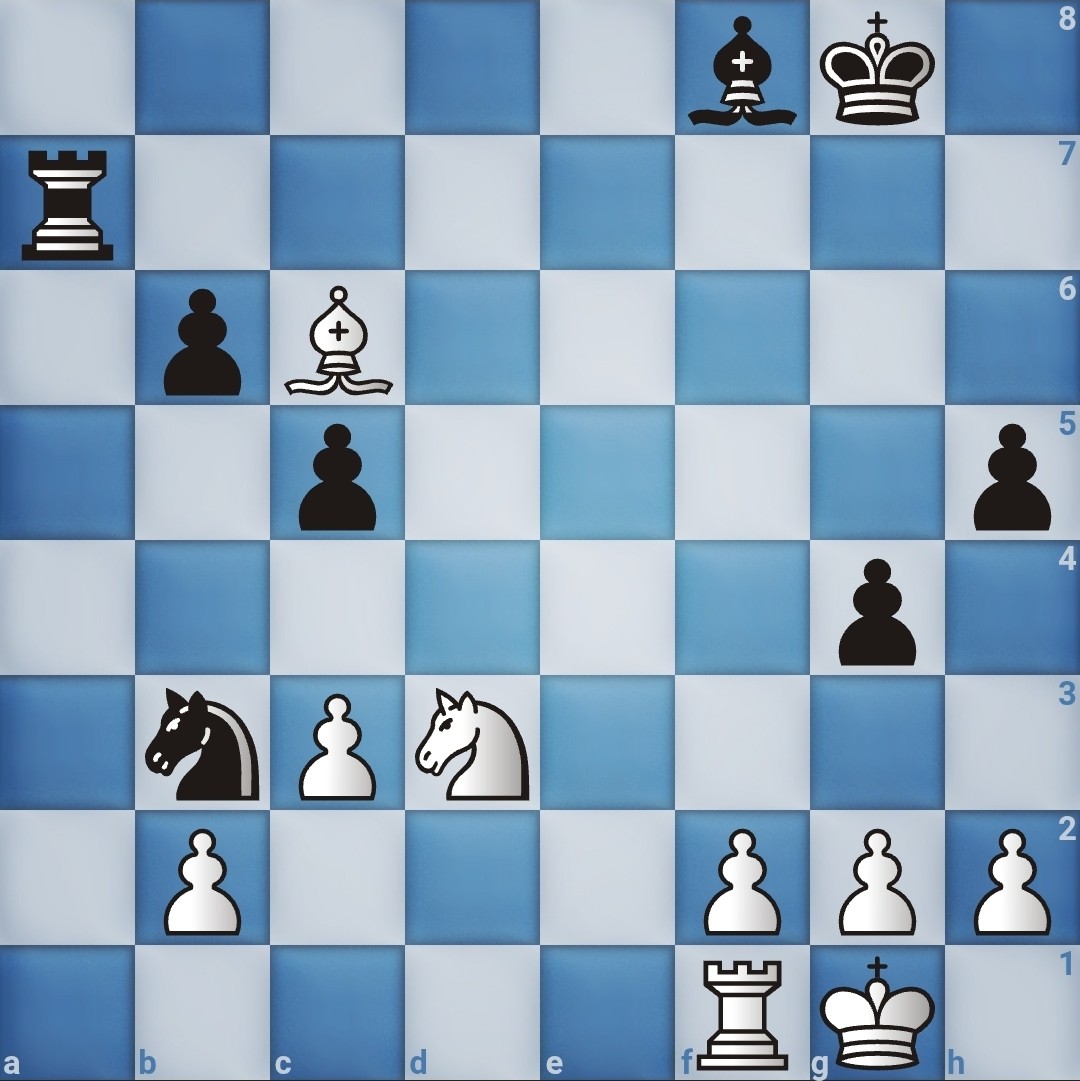
How to avoid it: Castle early in most positions. Avoid unnecessary pawn moves near your king.
Always balance aggression with security. A safe king allows you to attack with confidence.
6. Overextending Pawns
Advancing pawns too quickly can lead to weaknesses that cannot be undone. Unlike other pieces, pawns cannot retreat.
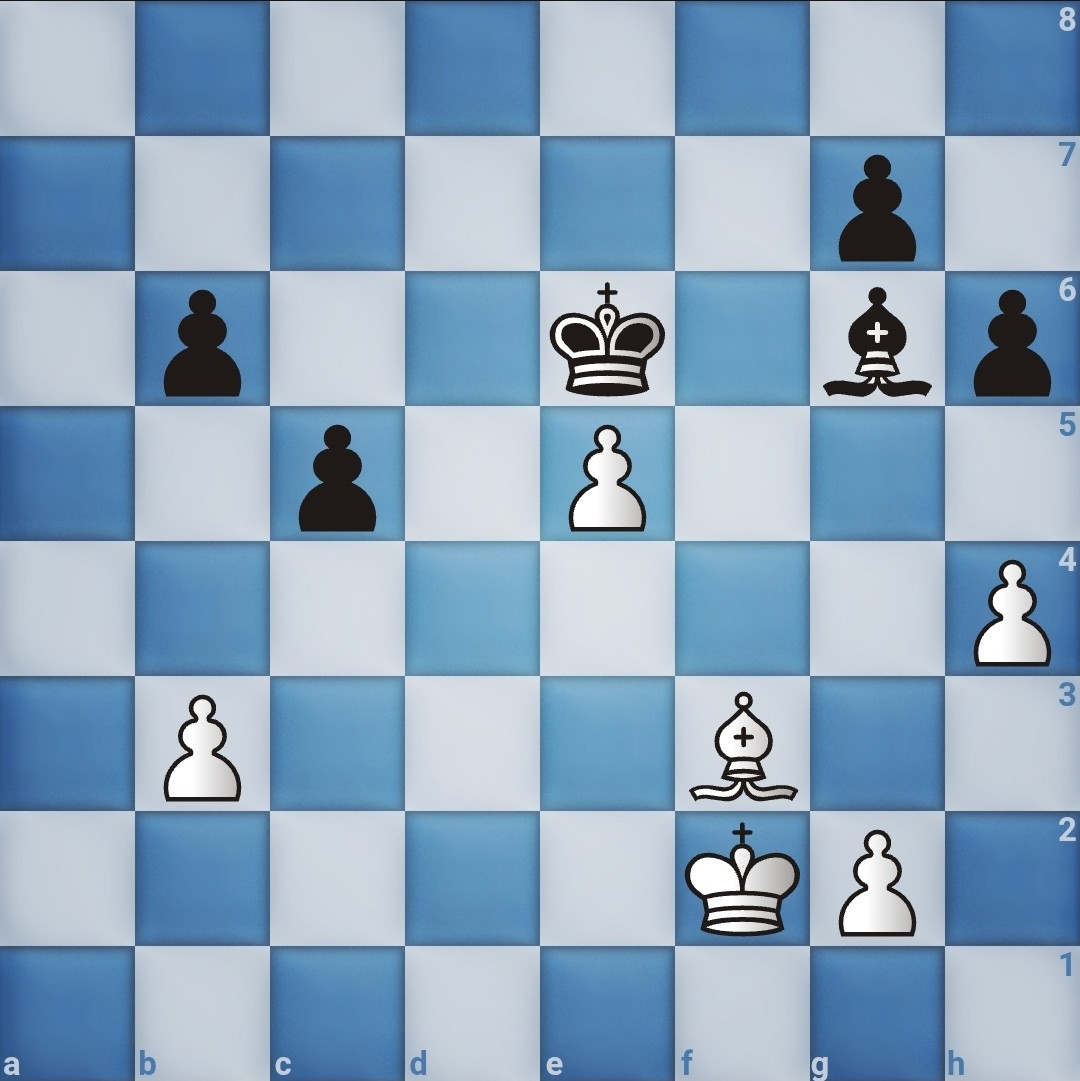
How to avoid it: Move pawns with purpose. Each pawn move should serve a strategic goal.
Remember, restraint is often stronger than aggression when it comes to pawns.
7. Miscalculating Tactics
Tactics are the soul of chess, but miscalculating them is a frequent blunder.
Many players see a seemingly brilliant sacrifice, only to realize two moves later that it doesn’t work.
A classic case is sacrificing a
piece without a proper follow-up. The attack looks dangerous but fails because key pieces are not in position.
Another common error is missing an opponent’s interference tactic, which can ruin your entire plan.
How to avoid it: Always calculate carefully and visualize the position after your combination.
Don’t stop at one or two moves; see the full sequence. Ask yourself: “What is my opponent’s best defense?”
8. Falling Into Opening Traps
From the Fool’s Mate to the Scholar’s Mate, opening traps catches thousands of players.
Many players lose not because of bad play but because of ignorance of traps.
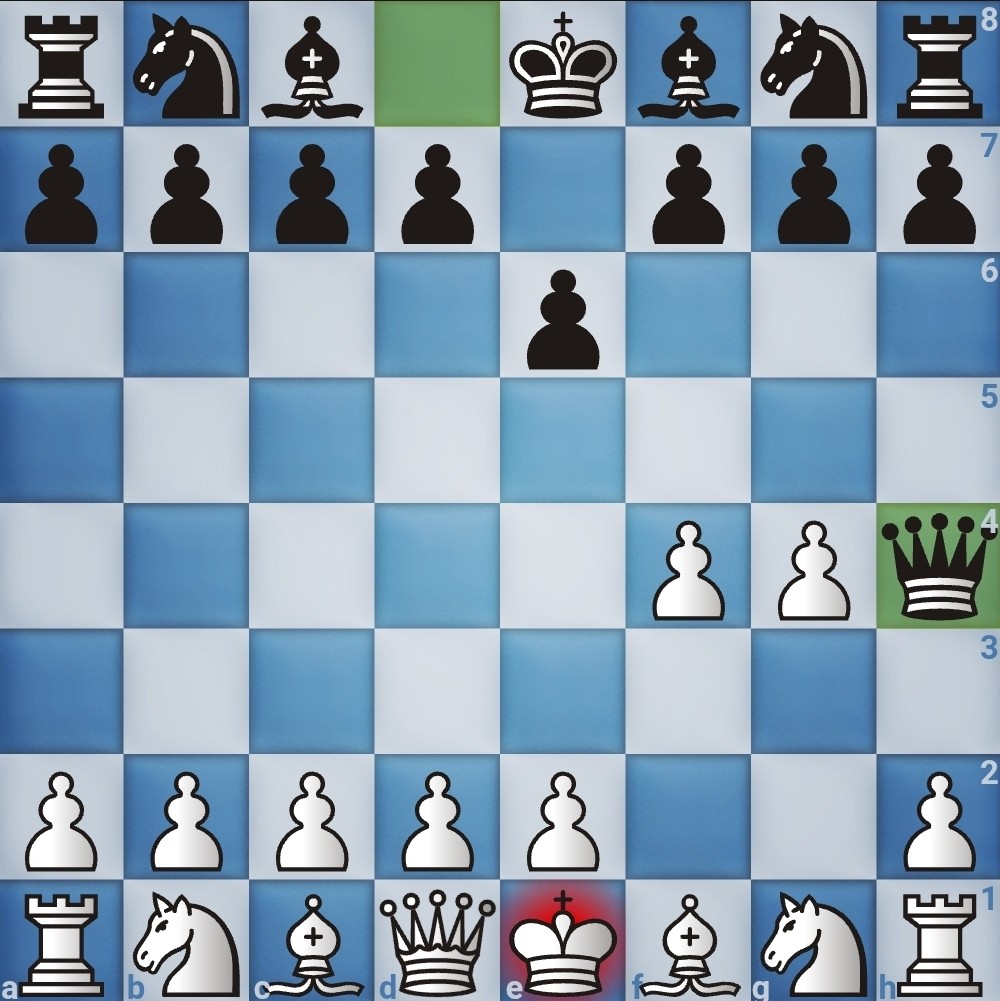

How to avoid it: Learn common opening traps in your favorite systems, both to avoid them and to use them.
Stick to sound opening principles: develop pieces, control the center, and protect your king.
If an opponent offers free material too early, be suspicious, as it may be poisoned.
9. Poor Time Management
In timed games, a player’s clock running out is one of the most painful blunders.
Players who spend too long on early moves often panic in the endgame and collapse.
Playing too many blitz and bullet games exacerbates this problem, but even in classical chess, poor time control can ruin otherwise good games.
How to avoid it: Distribute your time wisely. Spend more time in complex positions, but don’t overthink simple moves.
Practice with different time controls to improve your sense of pacing.
In faster games, prioritize making solid moves quickly instead of searching for perfection.
10. Overconfidence or Underestimating Opponents
Psychological blunders are just as damaging as tactical ones.
Many players underestimate weaker opponents and play casually, leading to careless mistakes.
Additionally, facing a higher-rated player can cause panic, which in turn leads to unnecessary defensive play.
Overconfidence often results in risky sacrifices, while underestimation leads to ignoring threats.
Both mental errors cost games that could have been won.
How to avoid it: Treat every opponent seriously, regardless of rating. Respect their moves, but don’t fear them.
Stay calm, play your game, and remember that chess is decided on the board, not by reputation.
Final Thoughts
Chess blunders are part of the game. Even world champions commit them.
The real difference between players who improve and players who don’t is the ability to learn from mistakes.
By understanding the most common blunders, you gain the tools to avoid them. In chess, the key to progress lies in awareness.
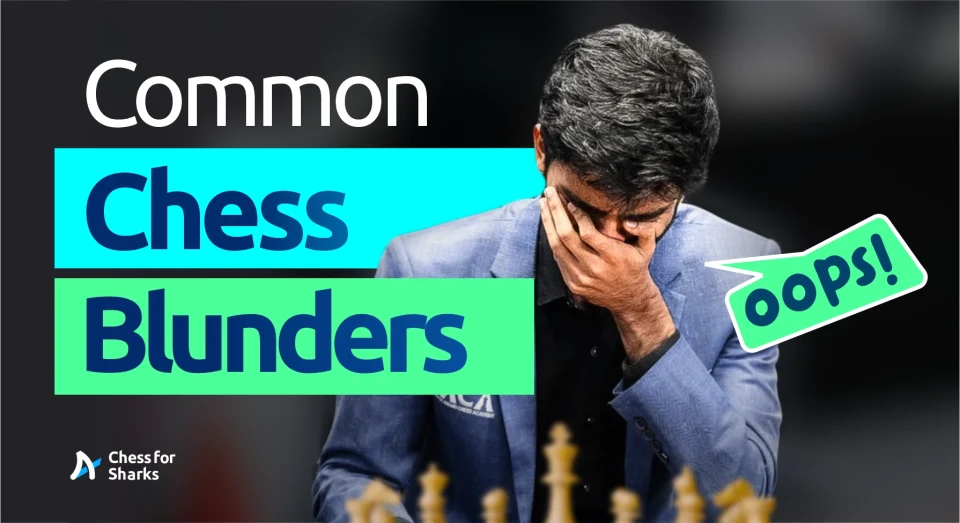



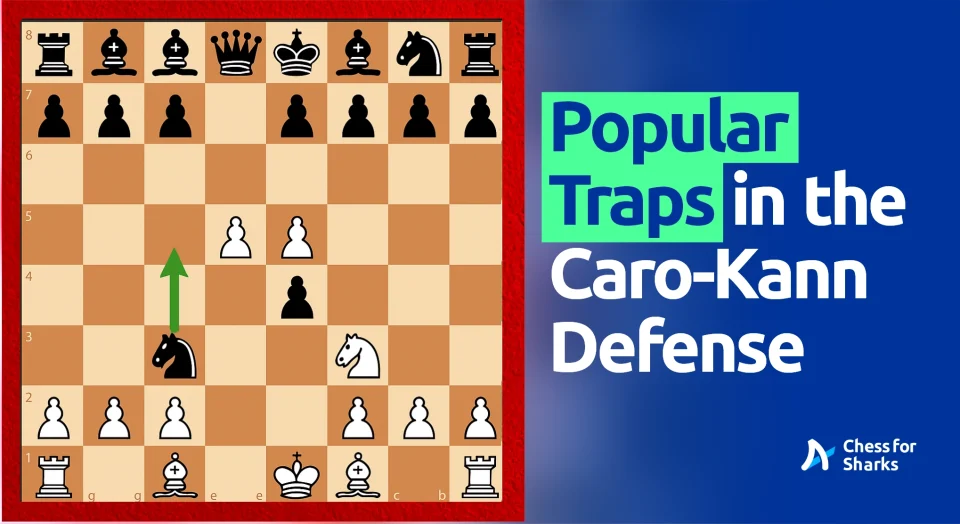
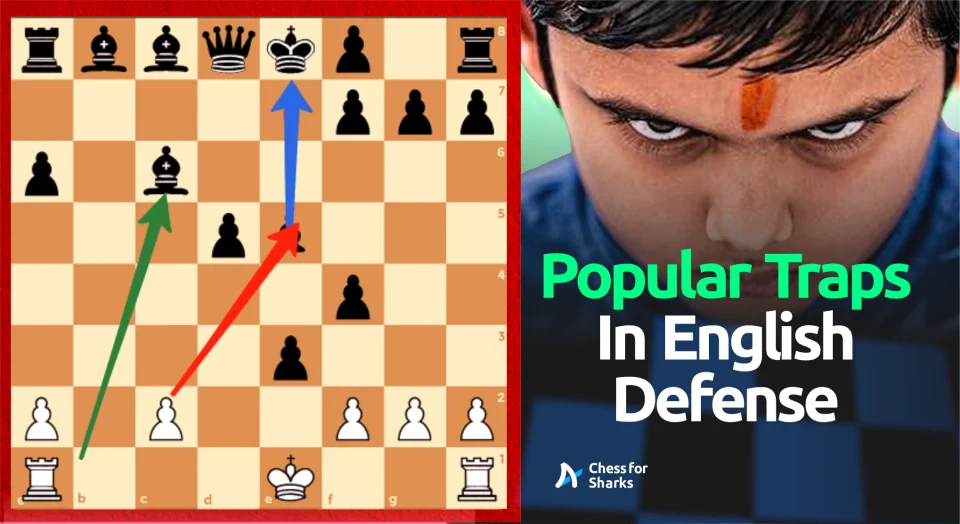
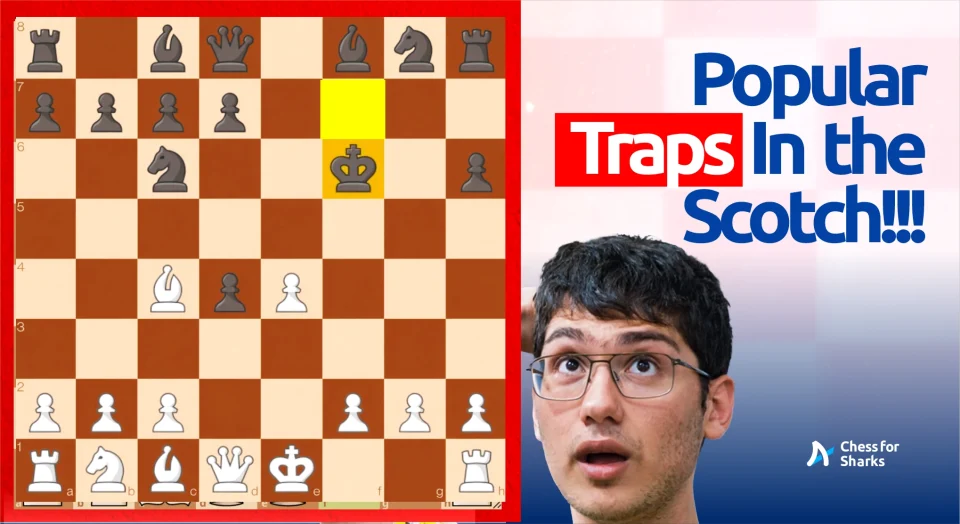
join the conversation